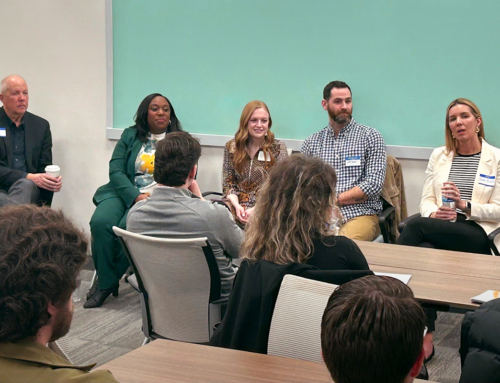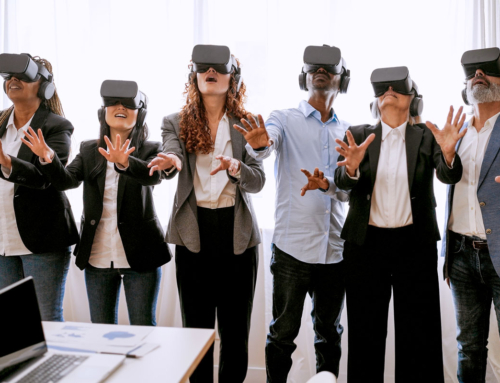I find the drama real and fascinating. The outcome of the conflict will impact all our lives. It speaks to the core of our Democracy. I have no real idea how it will turn out.
No, I am not talking about the November 3, 2020 Presidential election, as important, controversial and divisive as that is. I am specifically referring to the recent Senate Commerce Committee hearing featuring the CEOs of Facebook, Twitter and Alphabet, Inc. (owner of Google and YouTube).
The issue: government regulation of social media. What posts on Facebook, Twitter, YouTube and other channels are permitted? Who decides? Is the private sector now in the business of regulating public or political speech?
Yes, there was high drama. One senator, with a raised voice, said, “Who the hell elected you and put you in charge of what the media are allowed to report?”
At the same time, the raw, unmatched power of many social media channels to shape opinion and influence policy is unquestionable. Russian hackers trying to influence the outcome of a presidential election is little more than the exposed tip of a massive iceberg. There is so much more at stake.
I am as challenged at the thought of these for-profit organizations self-regulating as I am at the notion of our central government thinking it is up to that task.
Facebook, Twitter, YouTube and Google have become behemoths because they are ubiquitous to our way of life, our culture. The good in that is almost indisputable, but the potential bad in that is becoming increasingly clear.
These companies make money when we spend time using them. The more they become a part of our way of life, the more we depend on them and trust them. And, that’s where it starts to become dangerous.
If a president, senator or congressman crosses a line, we vote them out. If Facebook, Twitter, YouTube or Google place their thumb on the scale, they could create controversy, more deeply engage users regardless of the issue and simply make more money selling advertising.
This is not a new concern. And, I am most certainly not banging a drum to regulate social media speech. We must remember that industries that grow in impact, power and influence have been regulated by government for centuries. Whether, railroads, electricity, telecommunications, finance, healthcare and more, most began as small enterprises that expanded their influence on our way of life.
Government regulation of new industries always has and always will be controversial. Sadly, proponents of one side or the other typically position the debate in the most absolute terms … it’s all good or it’s all bad.
With regard to the regulations of social media channels, I have no doubt that we will arrive at a nuanced position, something in-between what people on both sides fear the most. Unfortunately, where that lies has yet to be determined.
What I do know is that this controversial issue will dominate public debate in the years to come, while the biggest impact may fall to the individual user — you and me. Let’s pay attention.








